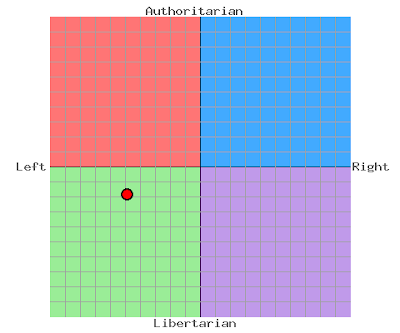Too many emails: Hazardous to health? It is easier to advocate the destruction of asynchronous technologies that address the lean, inflation indicators or permanent reporting Many employees, particularly managers, feel this is called overloading "communicative" (number of data related to communication) and "information overload" (related to the number of data available to the employee), sources of stress for employees and lost productivity for businesses. That's why two recent initiatives at home and Canon Atos Origin on the management of "information overload", attract attention: they aim to reduce or even eliminate the use of electronic mail, a technology called "asynchronous" because the answer may not be immediate. The idea is to develop technologies "synchronous", which require any matter to an immediate response, such as a telephone or instant messaging on the assumption that messages will be fewer - not copy-and shorter - because the dialogue shall facilitate immediate solutions.
Conditions of Work and ICT into the ping pong Standing with the removal of asynchronous technologies?
Although email is very time consuming, but it still allows for a very small space of freedom in this jungle informational: the receiver is not under permanent pressure from the message sender and can prioritize its priorities and take some time - although it is often very short - to respond. It has an impression of working at their own pace ...
Foster synchronous technology is this a good solution? Not sure, because the risks this type of communication that requires an immediate response are well known: working under time pressure induces less thinking, more pressure and more stress. Only those who prefer the ping pong bridge or chess will benefit. But the table tennis champions do not play in competition 8 hours per day and 200 days a year for 42 years ...
mail Free Day at Canon: Call!
"Article 17: reception many mails that have been identified as one of the stressors, Canon France agrees to initiate a quarterly "day without mail" for learning ".
By analyzing the findings of a study on working conditions, conducted at the request of trade unions, the leadership of Canon France issued a 'charter to rediscover the work better, "establishing, inter alia in Article 17 that" day without mail , "the first of which was held December 3 2010. The study showed that each employee treated 5750 mails per year or 25 to 30 per day. Management has also issued a document entitled "10 golden rules of proper use of email" whose rule No. 1 is as follows: "A simple phone call can often replace a mail: to speak or even better, where possible, to see the caller can definitely make the exchange more cordial, and often more effective . "(See press release of 9 December 2010)
"Exchange warmest?". It boggles the mind when you hear one of the leaders of the digital economy remotely extolling the benefits of proximity!
mail at ATOS Zero by 2014
Thierry Breton, CEO of Atos Origin
, has set a target that company to become a computer services company
"zero e-mail ; ' after finding that an employee spends between ten and twenty hours per week reading his e-mails and answer them, since the business or home (See:
press release dated February 7, 2011 ). In 2010, he said, employees received an average of 200 emails per day, of which 18% were spam.
He hopes that within three years, employees of software houses no longer use email to communicate internally, but will use instant messaging, microblogging (Twitter, ...), the social networks (Facebook, ...), collaborative services (Office Communicator, ...) and platforms community. Atos speech is clearer than the Canon's are not talking about usability, but productivity. We are no longer "Turn your tongue seven times before responding," or "Allow time to time, or " Think "or even the society forward, but the company is zero delay "Answer anything but fast."
solutions limited too: changing technologies or changing the organization?
Consider the dangers of mail does not lack interest, but is it not at least as important to rest questions about the deterioration of working conditions caused by the excesses of lean , reporting and ongoing inflation indicators seeking to control activity in detail and the results of each employee in any place and at any time?

 I stumbled on a site explains why the simple distinction 'left / right' is insufficient to express the political palette. It offers a quick quiz to lie on two axes instead of one. The questions are in Français , but it's worth it if you get there. That's where I am anyway (apparently).
I stumbled on a site explains why the simple distinction 'left / right' is insufficient to express the political palette. It offers a quick quiz to lie on two axes instead of one. The questions are in Français , but it's worth it if you get there. That's where I am anyway (apparently).  Just Happened was site ( Political Compass ) Which Explains thats the old 'left / right' Is Too simplistic dichotomy to express the Range of Political philosophies. THEY Have a short questionnaire to help you work out Where You Are on Their Political Spectrum. This is my result ....
Just Happened was site ( Political Compass ) Which Explains thats the old 'left / right' Is Too simplistic dichotomy to express the Range of Political philosophies. THEY Have a short questionnaire to help you work out Where You Are on Their Political Spectrum. This is my result .... 